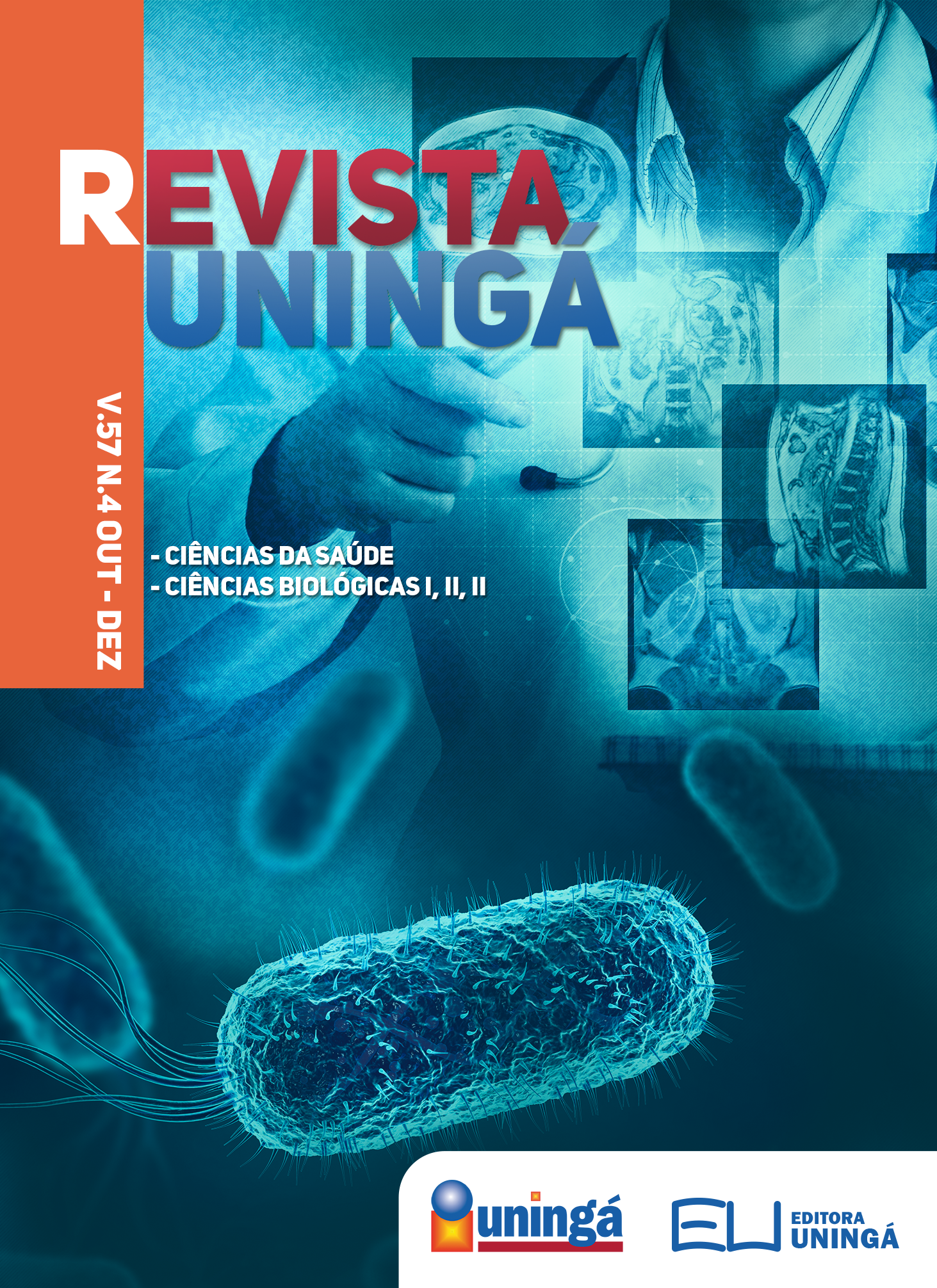CONSUMPTION OF DIETARY FIBERS IN DIABETES MELLITUS: EVALUATION OF KNOWLEDGE AND FREQUENCY OF ITS INGESTION BY PATIENTS ATTENDED IN A HEALTH UNIT SCHOOL OF SANTA CATARINA
DOI:
https://doi.org/10.46311/2318-0579.57.eUJ3312Keywords:
Diabetes mellitus, Dietary fiber, Diet therapy, KnowledgeAbstract
Diabetes Mellitus (DM) affects 415 million individuals worldwide and 14.3 million in Brazil. It is known that foods which are rich in dietary fibers have a fundamental role in the control of blood glucose. The aim of the present study was to evaluate the influence of knowledge about the importance of fiber intake and its frequency of consumption in controlling DM. The population was composed of type 2 diabetic patients who attend a Health Unit School in Itajaí / SC. Data collection was done through an interview containing questions regarding socioeconomic characteristics, knowledge and frequency of fiber consumption. DM control was assessed using glycated hemoglobin (HbA1c). The population consisted of 22 people, most of them female (n = 15; 68%), with an average age of 60 (± 9.3) years old, and a maximum of 9 (± 3.4) years of background education. The weekly consumption average of vegetables and salads was eight servings (± 4.5), while fruits were mentioned 14 times a week and whole grains, seven times. When asked about the capacity of fibers to prevent and treat diabetes, 86% (n = 19) of the patients agreed with the statement. An average time of diagnosis of 9 (± 7) years was found, as well as a HbA1c average of 8% (± 2). Insufficient knowledge about dietary fibers was observed, even knowing the importance of consuming them properly, since the consumption of vegetables and salads, fruits and whole grains was assessed as insufficient, which may be related to low income, lack of health care and time of diagnosis
Downloads
Downloads
Published
How to Cite
Issue
Section
License
I declare/we declare that the text submitted here is original, of my own authorship and does not infringe any type of third party rights. The content is my/our sole responsibility. Possible research involving animals and/or human beings is in accordance with Resolution 196/96 of the National Health Council and its complements. I declare that I am/we are in possession of the written consent of patients and that the research and its procedures were timely and adequately approved by the Ethics Committee of the institution of origin. We further declare that all institutional affiliations and all sources of financial support for the work are duly informed. I certify that there is no commercial or associative interest that represents a conflict of interest related to the submitted work. If there is commercial interest, in addition to the technical and academic ones, in the publication of the article, the information will be reported during the text.



































